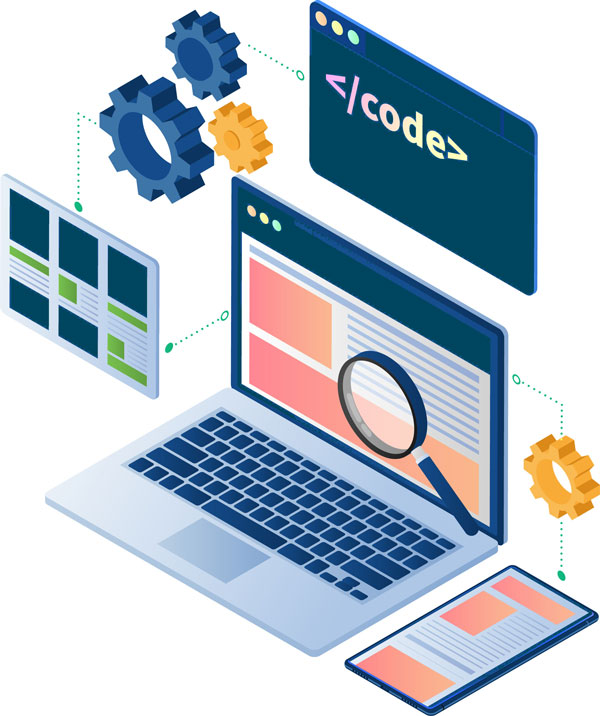A Comprehensive Guide to Understanding Page Speed
Page speed is a crucial part of optimising any website for search engine visibility. It measures the speed at which webpages load and has become an important factor in ranking websites in search engine results.
When a user visits a website, the amount of time it takes to load and display the content on the page affects their overall user experience. If your website has a slow loading time, it is likely that users will become frustrated and leave the page quickly, resulting in a high bounce rate. This can be damaging to SEO and can negatively impact your website's ranking.
When it comes to optimising page speed, it is essential that you understand the different aspects that need to be taken into consideration. Here, we explain the factors that can affect page speed, and the steps you need to take in order to ensure that your website loads quickly and efficiently.
Factors That Affect Page Speed
There are a variety of factors that can impact the page speed of your website. These include:
- Website Hosting
- Image Size
- Page Redirects
- Caching
- Compression
- Number of Plugins
- External Resources
Website hosting is an important factor to consider. Having a reliable and efficient web host can make a huge difference in terms of page speed. If your website is hosted on a slow server, it will take longer for the content to load. This can be especially problematic if your website is receiving a high volume of traffic.
Image size is also important. If you have large images on your website, it will take longer for these to load. It is best to compress images to reduce their file size and ensure that your website loads quickly.
Page redirects can also slow down the loading speed of your website. If your website has numerous redirects, it can take longer for the page to load.
Caching is a great way to reduce page loading times. By caching your website, you can ensure that static content is already loaded and ready to be served, meaning that visitors don’t have to wait for the page to load.
Compression is another technique that can be used to reduce page loading times. By compressing your website’s code, you can reduce the size of files that need to be sent to the browser, resulting in faster loading times.
The number of plugins you have installed on your website can also affect page speed. Having too many plugins can cause your website to become sluggish due to the extra code and resources required to run them.
Finally, external resources can also slow down page loading times. If your website relies on external resources such as third-party scripts and APIs, it can take longer for the page to load.
Optimising Page Speed
Optimising page speed is essential for improving SEO and user experience. There are a number of steps you can take to ensure your website loads quickly and efficiently.
- Choose a reliable web host
- Optimise images
- Minimise redirects
- Enable caching
- Compress files and code
- Reduce the number of plugins
- Limit external resources
At Zero42, we understand the importance of page speed and are experts in optimising websites to ensure that they load quickly and efficiently. Our team of digital specialists have the knowledge and experience to provide a range of SEO and digital media services to improve page speed and help increase your website's visibility in search engine results.

IMPORTANT INFORMATION
The text in this article has been generated using AI for experimental purposes and to showcase the creativity of the AI engine used.
Zero42 is using ChatGPT AI to generate articles in real time based on Google ™ Analytics and RSS news feeds, and like all AI it may produce inaccurate information about people, places, or facts..
Need some help with your I.T just call the experts
* Advice is always free
0800 640 6042

Our customers love us, and you will too. Highest quality products , competitive pricing and great service. What more could you possibly want?
